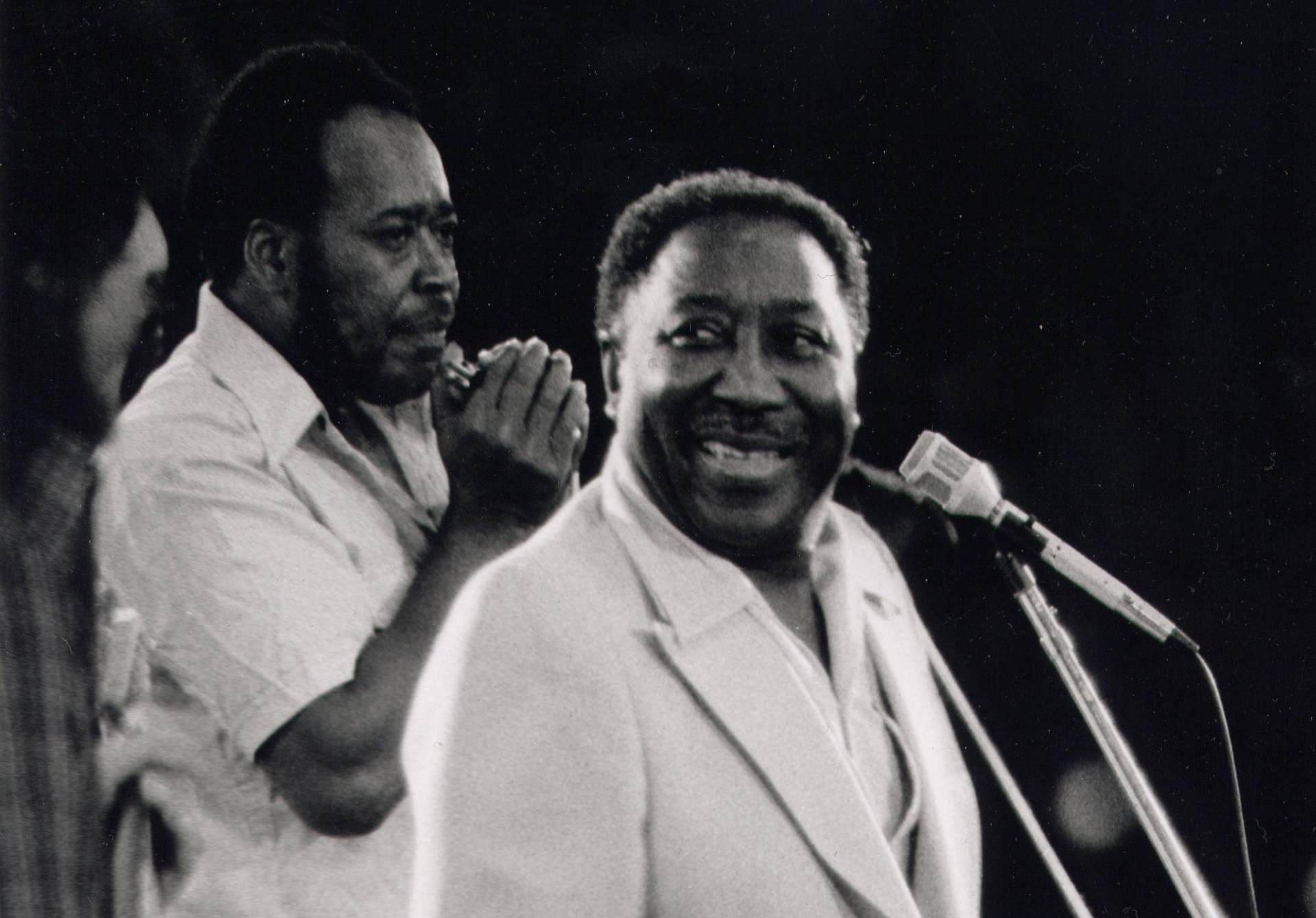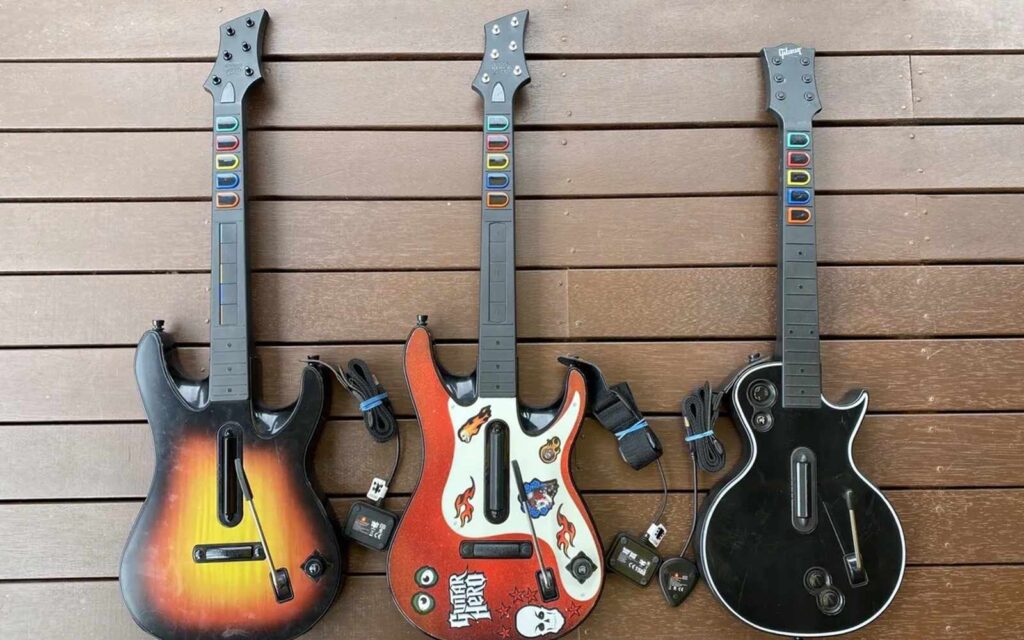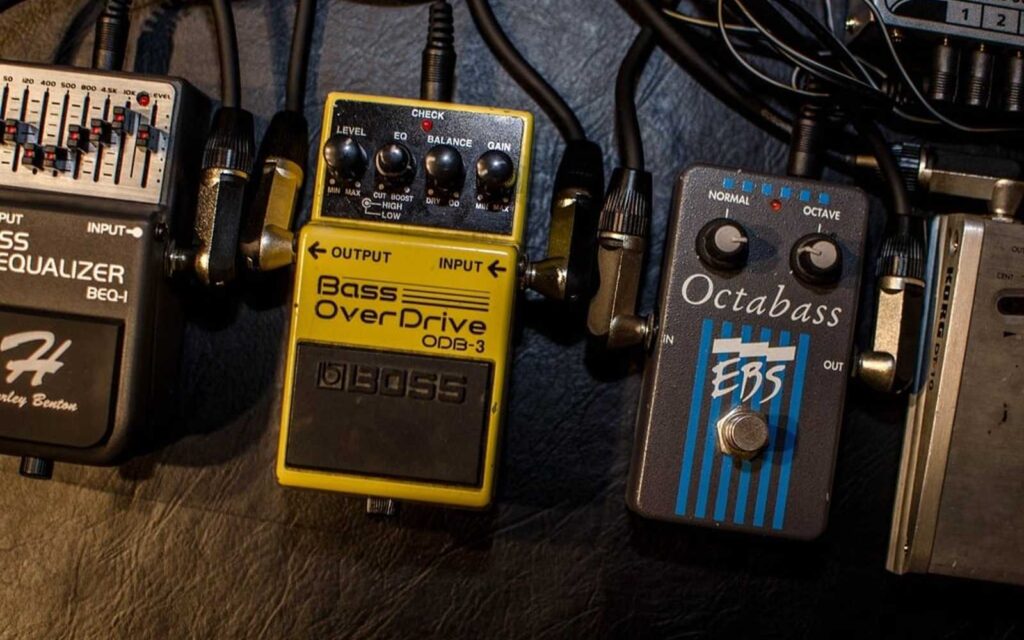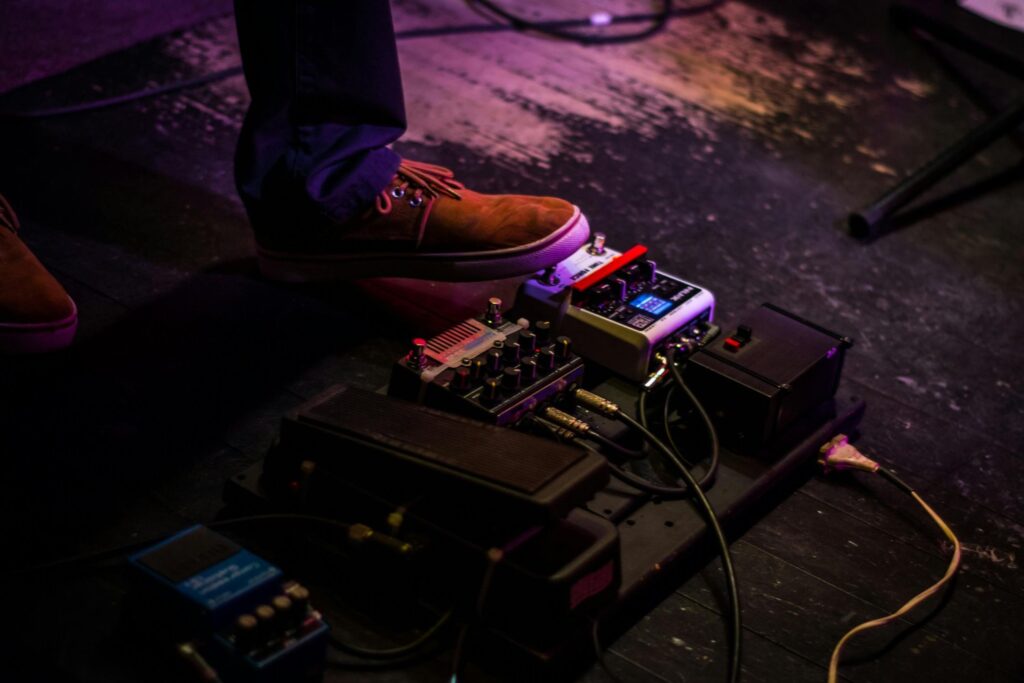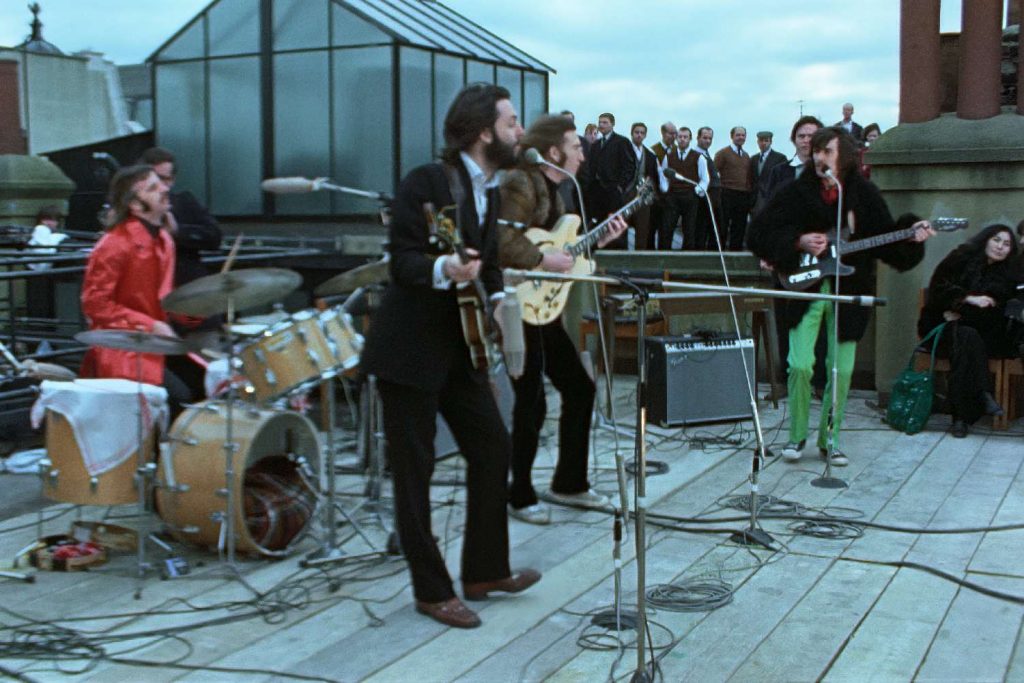The exact place and year McKinley Morganfield, aka Muddy Waters, was born is not conclusively known.
Muddy Waters songs
It’s generally accepted he was born in 1913 in Mississippi, and lived near Clarksdale, where his first exposure to music was singing in the local Baptist church. His grandmother gave him the nick name ‘Muddy’ when he was a child as he liked to get dirty playing in a nearby river. By the age of 17, he had renamed himself Muddy Waters, and inspired by local blues pioneers Son House and Robert Johnson, he was picking guitar and singing the blues.
Read up on all the latest features and columns here.
Ethnomusicologist Alan Lomax was collecting field recordings of blues and gospel singers of the Southern US States for the Library of Congress, and he first recorded Muddy in 1941. Perhaps hearing himself recorded (and the cheque for $20 he was given) inspired him to move to Chicago in 1943 to become a full-time musician. Eventually settling at Chicago’s Chess Records, Muddy’s first hit, 1948’s ‘I Can’t be satisfied’, saw his career take off. Legendary bassist and songwriter Willie Dixon penned several of Muddy’s most well known tunes, including I’m Ready, I Just Wanna Make Love to You and perhaps his signature tune Hoochie Coochie Man. Muddy’s use of electric guitar took the acoustic delta blues style into a whole new realm and he rightfully earned the title as one of the godfathers of Chicago Blues.
Musician Muddy Waters
Muddy, or ‘Mud’ as he was known to his contemporaries, also helped Chuck Berry get his first recording session, which spawned the classic tune ‘Maybelline’ and helped give birth to rock and roll.
At one time or another, just about all of the super heavyweights of 20th century rock and pop music have claimed him as an influence. Chuck Berry, The Beatles, The Rolling Stones, Led Zeppelin, Jimi Hendrix, Bob Dylan, AC/DC, Eric Clapton, ZZ Top, The Allman Brothers and The Band, just to name a few.
By the time of his death on April 30, 1983, Muddy Waters had wasn’t just the king blues music, but one of the most influential musical artists of all time.
“I Can’t be Satisfied” (1948)
Written by Muddy, ‘I Can’t Be Satisfied’ is a pivotal document that pays homage to all the blues that came before and that ‘Chicago Blues sound’ that soon followed.
Muddy Waters song Rolling Stone
“Rollin’ Stone” (1950)
Another Muddy composition, it’s an archetypal slow blues drone that was given a Hall of Fame award in the year 2000’s Grammys list. Yes, it’s also where that English rock band got their name from back in 1962.
“I’m Ready” (1954)
A Willie Dixon tune with a cool blues swagger, it was hit reaching #4 on the Billboard Charts. The recording featured one of all- time best blues backing bands, Little Walter on harp, Jimmy Rogers guitar. Otis Spann at the piano, Fred Below on the drums and Mr Dixon himself on bass.
“Hoochie Coochie Man” (1954)
An essential blues tune- enough said!
“I Got My Mojo Working” (1957)
The origin of the word Mojo comes from the ancient African practice of carrying a small bag (also sometimes called a Gris-Gris or Trick Bag) filled with items or spirits that were believed to have magic powers. These items and practices were believed to have a range of powers, including warding off evil spirits and bringing good luck.
Written by Red Foster and originally recorded by New Jersey singer Ann Cole early in 1957, she toured with Muddy who took the song and tweaked it to his liking, releasing his version that same year, crediting himself as the songwriter. This led to legal battles over the song writing credits that eventually fell back to Foster.
Many covers version have been recorded in wide range of genres including a jump blues version by Louis Jordan, country stylings by Conway Twitty, a garage rock take by The Electric Prunes, a live mish mash by Elvis Presley and more recently a rockabilly revival sounding version by Kitty, Daisy and Lewis.
The Best of Muddy Waters (1958)
Muddy’s songs had all been released as singles up to this point, so this record was given the odd title ‘The Best of Muddy Waters’ even though it is his first official long-playing release. It contains all of the essential early Chess singles and is a must have, with some of the finest blues musicianship ever put to tape.
Muddy (1960)
Considered by many to be the first live blues album, this stunning performance was recorded on July 3rd, 1960 at Rhode Island for the annual festival that still runs today. Don’t let the semi acoustic guitar (owned by Muddy’s friend John Lee Hooker) on the cover fool you, this is very much an electric blues album. It’s easy to hear how this record inspired the British wave that soon followed as Alexis Corner, The Bluesbreakers, The Yardbirds ,early Fleetwood Mac and many others made the blues their own.
Electric Mud (1968)
As popular music sounds changed in the 60’s, Chess records producer Marshall Chess suggested Muddy should move with the times in an attempt to gather favour with younger audiences. Recruiting Chicago group Rotary Connection as the backing band, the result is a psychedelic tinged blues album unlike any of Muddy’s work before or since. Failing to chart well (it only reached 127 on the top 200) the record has been much maligned by blues purists and hardcore Waters fans. This is perhaps an unfair derision, as Electric Mud is a fine example of how the blues can transcend its traditional roots and spread its wings on a fun and funky acid-tinged flight.
Hard Again (1977)
In 1975, Chess Records was sold and stopped producing any new recordings. Now aged in his mid 60’s and finding himself without a record label, Muddy may have thought his career was nearing an end. Step in blues guitarist Johnny Winter who offered him a deal on his new label Blue Sky Records as homage to his hero. The sessions were said to be light hearted and fun and restored the legend’s confidence with Muddy reportedly giving the album it’s tile by jokingly exclaiming ‘I’m hard again’ From the opening croon of ‘ooh yeah, everything’s gonna be alright this morning’ to the last note, this return to form is one of Muddy’s best and a must have for blues fans.
Read more about Muddy’s life here.
